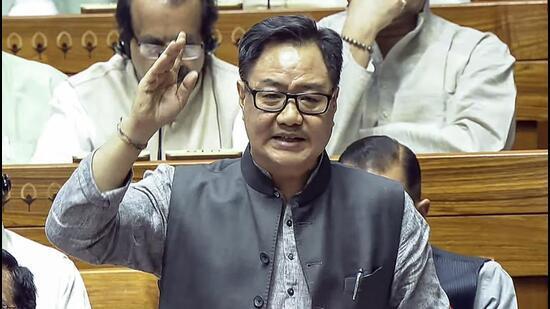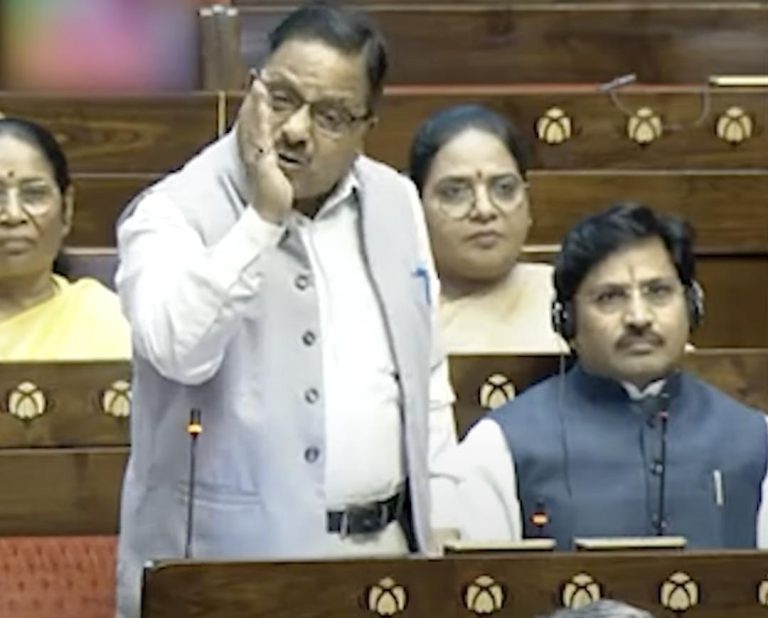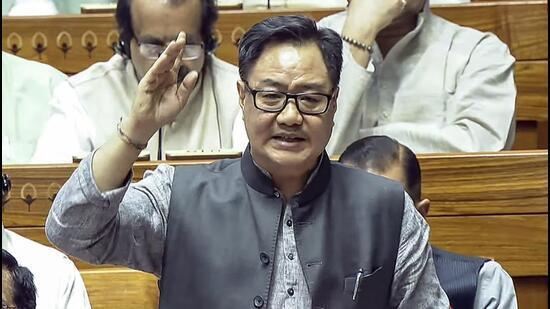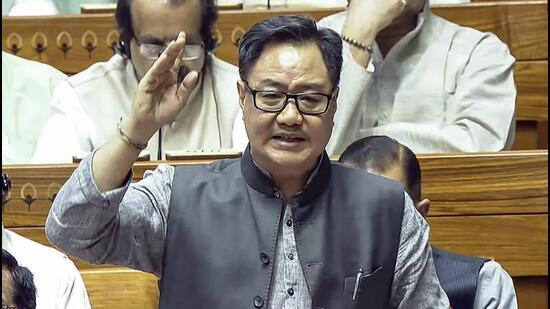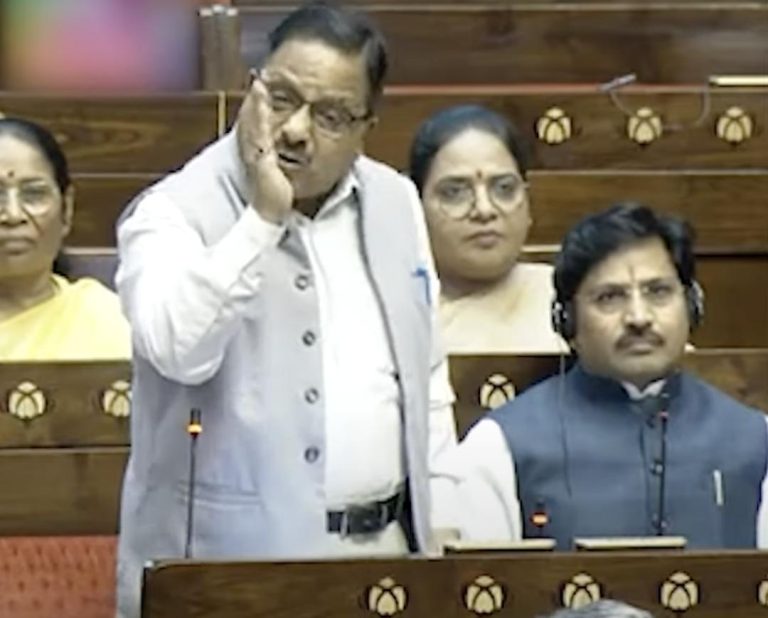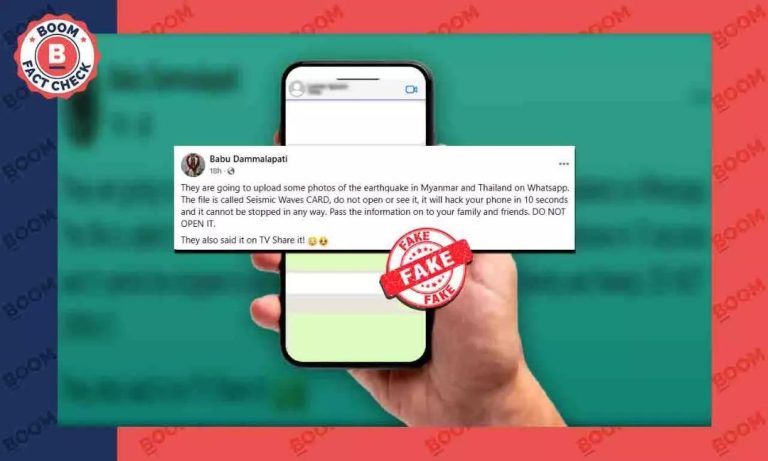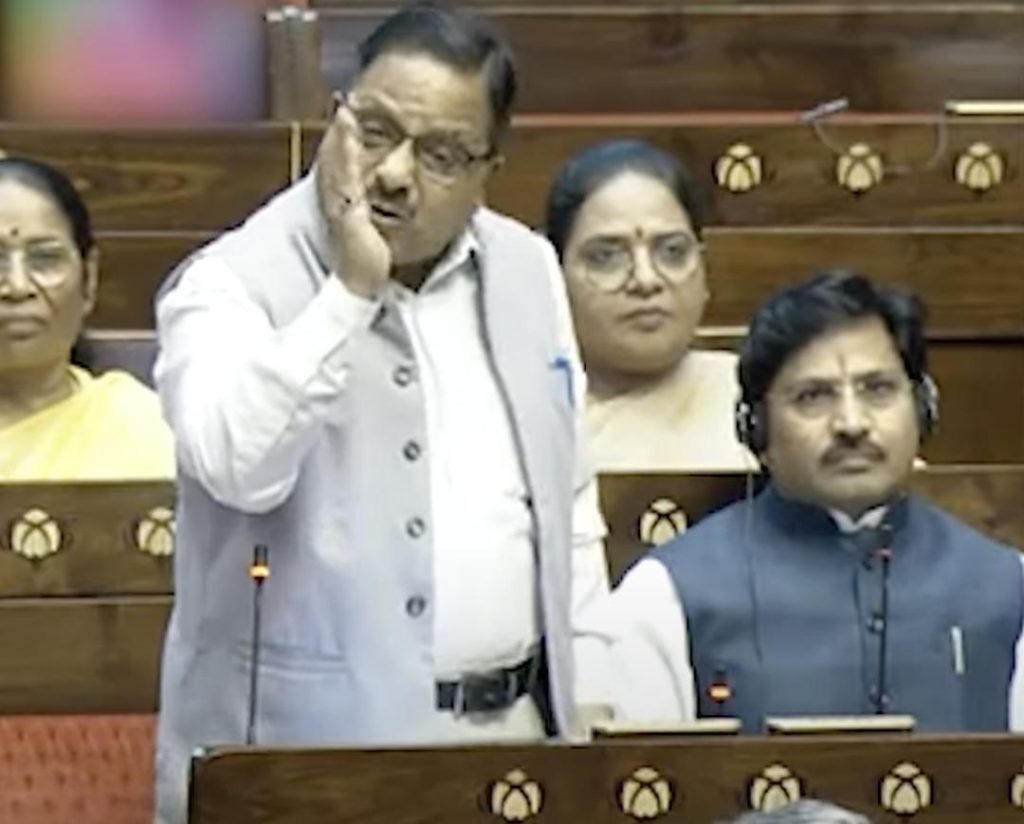
Should I Read Quran and Tell You What’s Written in It: BJP MP Radha Mohan Das on Waqf Bill
The recent debate on the Waqf Bill in the Indian Parliament has sparked a heated controversy, with several political leaders and Islamic scholars weighing in on the issue. In the midst of this debate, BJP MP Radha Mohan Das made a statement that has left many questioning his intentions and understanding of the Islamic holy book, the Quran.
During the discussion, Radha Mohan Das asked if he should read the Quran and tell what is written in it. His statement was met with both curiosity and skepticism, as many wondered what he was trying to achieve by making such a comment. However, his statement was not just a casual query, but rather a pointed remark aimed at the Waqf Board, which is responsible for managing Islamic properties in India.
What did Radha Mohan Das say?
In his statement, Radha Mohan Das quoted a particular verse from the Quran, which he claimed supported his argument. He stated that the Quran says that even if one rupee is given to anyone, there should be a written record. He then went on to say that the Waqf Board has numerous properties without a record, implying that they are not following the Quran’s guidelines.
It is essential to understand the context of Radha Mohan Das’s statement. The Waqf Bill aims to reform the Waqf Board and ensure that the properties managed by it are used for the welfare of the Muslim community. However, the BJP MP’s statement seems to be suggesting that the Waqf Board is not following Islamic principles, and therefore, the Bill is unnecessary.
What does the Quran say?
Radha Mohan Das’s statement is based on a specific verse from the Quran, which is often interpreted as emphasizing the importance of written records in financial transactions. The verse in question is Surah Al-Baqarah, Verse 282, which states:
“And when you transact a transaction among yourselves for a fixed period, write it down. And let a scribe write it down in justice and equanimity. And whoever renounces it after writing it, then his is what he wrote and his is the sin of what he has renounced. And if he does it with the consent of the other, then there is no sin on them in what they have written. And if he renounces it after writing it, then there is what he wrote and the sin of what he has renounced, and they will find what they have written.”
This verse is often cited as emphasizing the importance of written records in financial transactions, particularly in the context of business and trade. However, it is essential to note that this verse is not specifically addressing the Waqf Board or its management of properties.
What does this mean for the Waqf Bill?
Radha Mohan Das’s statement seems to be implying that the Waqf Board’s lack of written records is a violation of Islamic principles. However, this interpretation is flawed, as the Waqf Board’s properties are not financial transactions in the classical sense. The Waqf Board manages properties that are dedicated to religious and charitable purposes, and the management of these properties is guided by Islamic law and tradition.
Moreover, the Waqf Board’s properties are not the only ones in India that lack written records. Many Hindu temples and charitable institutions also lack written records of their properties and financial transactions. However, no one is suggesting that these institutions are violating Hindu principles or laws.
Conclusion
Radha Mohan Das’s statement has sparked a heated debate on the Waqf Bill and the management of Waqf properties in India. While his statement may have been intended to question the Waqf Board’s management practices, it has instead highlighted the need for greater understanding and respect for Islamic principles and laws.
It is essential to recognize that the Waqf Board’s properties are managed according to Islamic law and tradition, and not according to Hindu or secular laws. Any attempts to reform the Waqf Board must be guided by Islamic principles and must respect the autonomy of the Muslim community in managing its own religious and charitable institutions.
Ultimately, Radha Mohan Das’s statement has raised more questions than answers. Rather than seeking to question the Waqf Board’s management practices, perhaps he should focus on understanding the Islamic principles that guide the management of Waqf properties.
News Source:
https://www.youtube.com/watch
